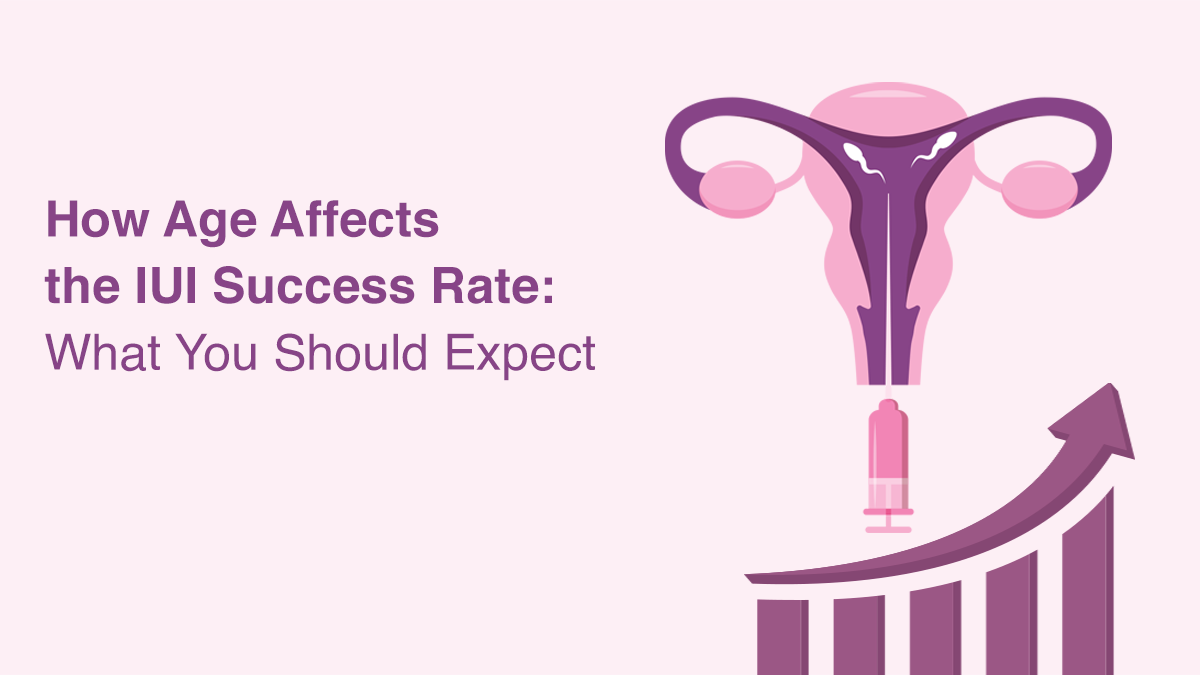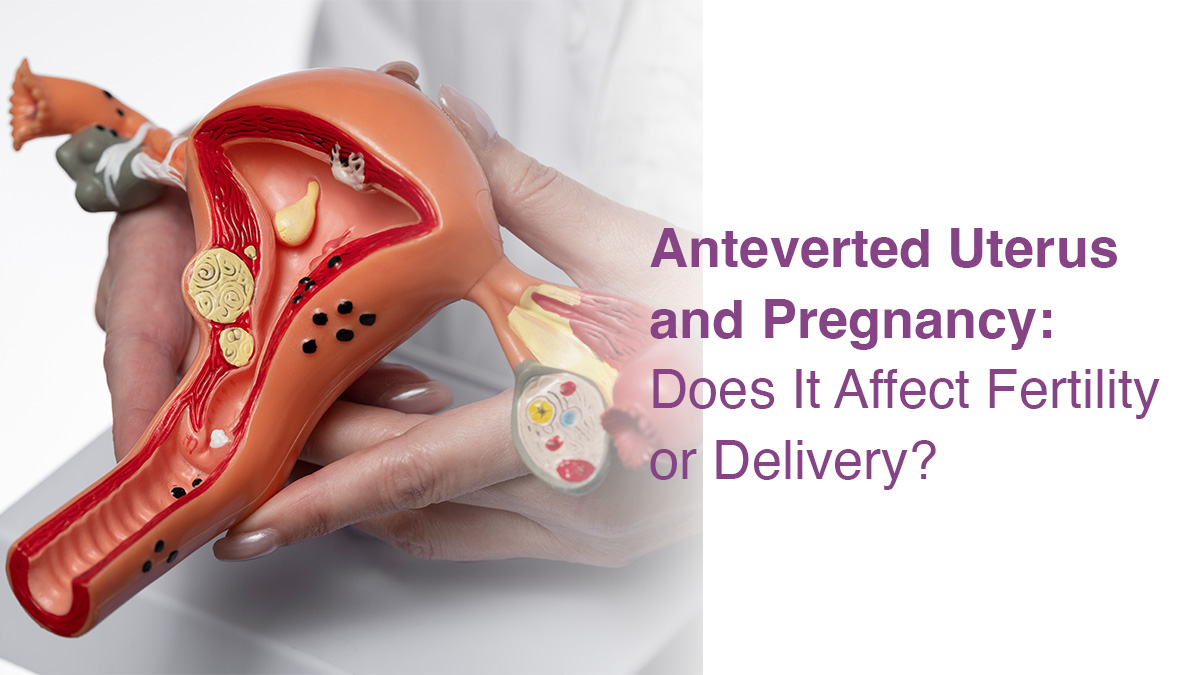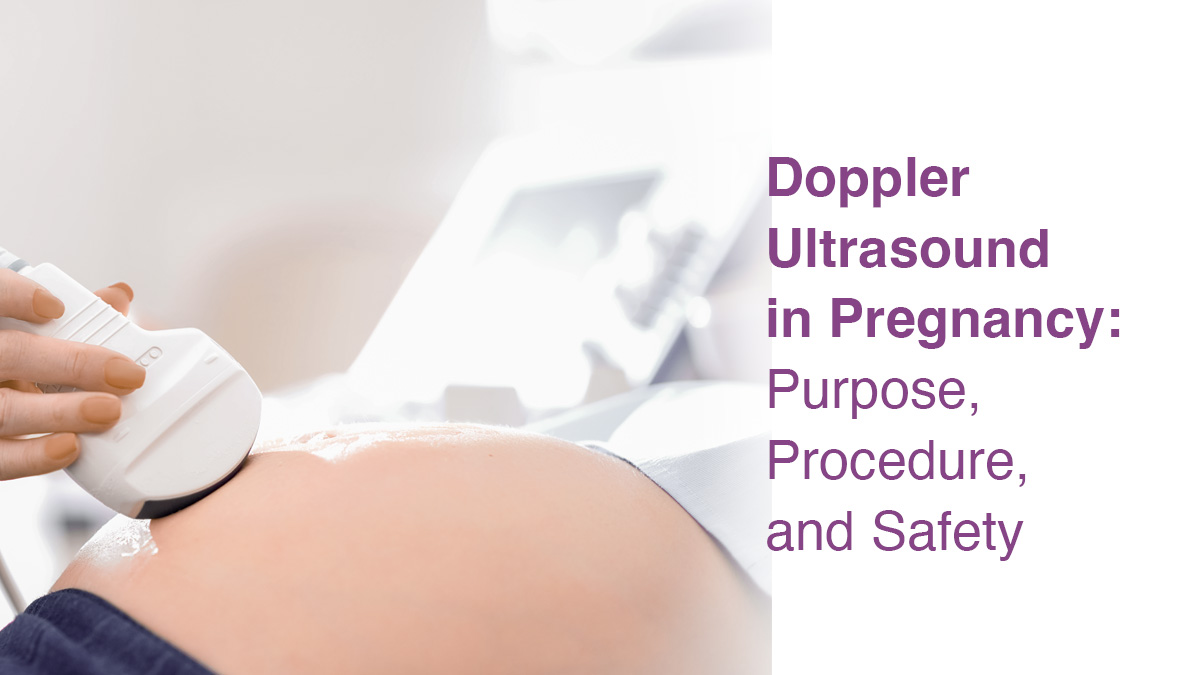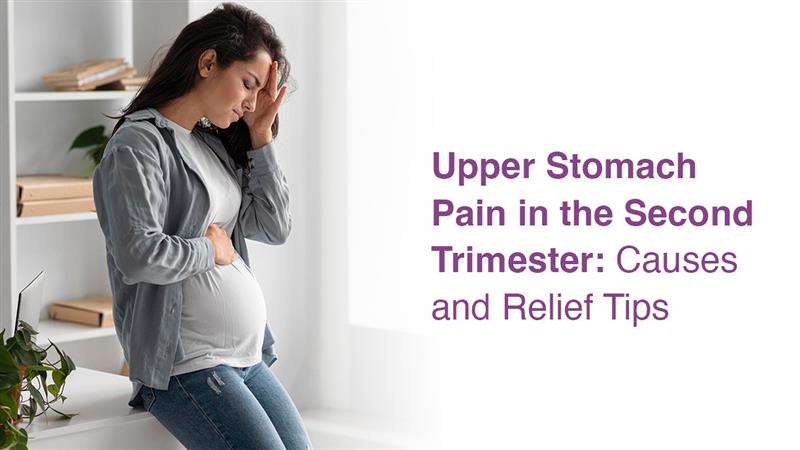

Beginning a family is a deeply personal journey. For some, it comes easily, while others may require a little medical assistance. Meanwhile, advances in reproductive technology have led to different ways couples can get help in achieving their goal of becoming parents. Intrauterine insemination, or IUI, is an inexpensive, commonly used, and the least invasive fertility option available today. For many couples struggling with having a baby and the age considerations, IUI is a very popular first step.
Understanding IUI and Its Process
Intrauterine insemination (IUI) is a type of fertility treatment meant to increase the chances of pregnancy by placing sperm into the uterus at the time of ovulation. By placing sperm directly into the uterus, they can travel a shorter distance to reach the egg, and they avoid some of nature’s barriers. The process is straightforward. The woman will take medication that stimulates ovarian follicles and their release of eggs. The healthcare team will track the menstrual cycle through blood tests and ultrasounds to estimate the woman’s ovulation cycle. When the cycle has been determined, the sperm sample will be prepared.
The sperm sample will be “washed,” and the healthiest sperm will be selected and concentrated in a smaller volume than the original sample. The sperm sample will be placed into the uterus using a very thin, flexible catheter. The process is very quick, usually less than several minutes, and usually requires no anesthesia. About two weeks following the insemination, the woman will do a pregnancy test to see if she is pregnant. IUI is seen as less intrusive and cost-effective when compared to IVF, and many couples choose it first.
IUI Success Rates by Age in India
- Women under 35 years: Success rates per cycle range from 20% to 25%.
- Women aged 35 to 37 years: Success rates decline to approximately 10% to 12% per cycle.
- Women aged 38 to 40 years: Success rates further decrease to around 7% to 9% per cycle.
- Women over 40 years: Success rates are typically lower, ranging between 2% and 5% per cycle.
As you can see, the IUI success rate tends to decline as age increases. This is mainly due to a decrease in egg quantity and quality.
How Age Affects Fertility
Women are born with all the eggs they’ll ever have. As they age, both the number and quality of eggs go down. Around age 35, fertility begins to decline more noticeably, and by the time a woman reaches her 40s, the chances of natural conception or even success with fertility treatments like IUI are lower.
Here’s why:
- Older eggs have a higher chance of chromosomal abnormalities.
- Hormone levels fluctuate more with age, affecting ovulation.
- Uterine conditions (like fibroids) can become more common with age.
What to Expect Based on Your Age
Let’s break down what you might expect from IUI treatment at different stages of life.
In your 20s to early 30s:
This is generally the best time for IUI. Your chances are higher due to better egg quality and more predictable ovulation. Many couples may conceive within three cycles.
Mid to late 30s:
Chances are still decent, especially if you have no major fertility issues. You may need a few more cycles or a combination with fertility meds to boost the odds.
In your 40s:
The IUI success rate by age drops significantly. Fertility clinics often suggest moving to IVF directly after 40, especially if there are other complications.
In terms of location, IUI success rate in India follows similar age trends but may vary based on clinic quality, lifestyle, and how early treatment is started.
Other Factors That Influence IUI Success
While age is a significant factor, there are several other things that can affect the outcome of your IUI treatment. Sperm quality plays a huge role—low sperm count or poor motility can reduce the chances of fertilization even with IUI. Ovulation patterns also matter. Women with regular cycles typically have better outcomes since timing the insemination is easier.
Additionally, having at least one healthy, open fallopian tube is crucial, as blocked tubes prevent the egg and sperm from meeting. Certain health conditions, like PCOS, endometriosis, thyroid issues, or obesity, can further reduce the IUI success rate. Lastly, the number of IUI cycles matters.
Success often improves over multiple attempts, with many doctors recommending up to 3–6 cycles before exploring other options like IVF. Understanding all these factors can help you and your doctor build a plan that suits your specific fertility profile.
Tips to Improve Your IUI Success Chances
If you’re preparing for IUI treatment, here are some things you can do to increase your chances:
- Maintain a healthy weight – Being underweight or overweight can impact hormones and ovulation.
- Eat fertility-friendly foods – Include leafy greens, whole grains, and lean proteins.
- Quit smoking and limit alcohol – Both reduce fertility in men and women.
- Track ovulation closely – Using apps or ovulation kits helps in timing IUI perfectly.
- Reduce stress – Try yoga, meditation, or light exercises.
- Take prescribed supplements – Like folic acid or CoQ10, which some doctors recommend improving egg quality.
Your doctor might also suggest combining IUI with medications like Clomid or letrozole to improve ovulation and increase the IUI success rate.
Conclusion
Age is one of the most critical factors affecting the IUI success rate. The younger you are, the better your chances of success with IUI treatment. While fertility naturally declines with age, that doesn’t mean hope is lost. Many couples in their late 30s and even early 40s have conceived through IUI or other treatments. The key is early consultation, regular monitoring, and following your doctor’s guidance. To learn more, visit Oasis Fertility Clinic near you. You can also contact us at 1800-3001-1000 or use our live chat option for prompt assistance.
FAQs on IUI Success Rate
Who is not a good candidate for IUI?
Women with blocked fallopian tubes or severe endometriosis are generally not good candidates.
How successful is IUI at age 42?
The IUI success rate at age 42 is usually below 5% per cycle.
What is the best age for IUI?
The best age for IUI treatment is under 35, when egg quality and fertility levels are at their peak.


fill up the form to get a
Free Consultation
Avail 0% interest on EMI
All Procedures | No Upper Limit
How we reviewed this article:
- Current Version






